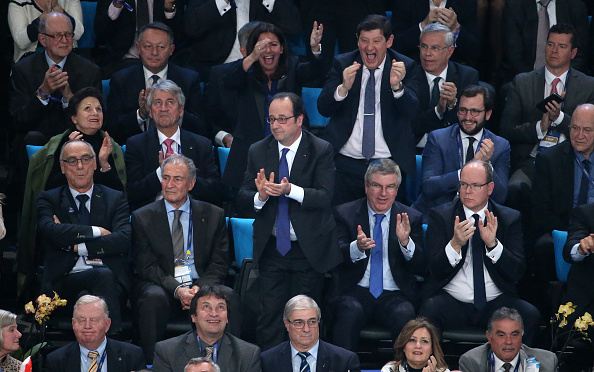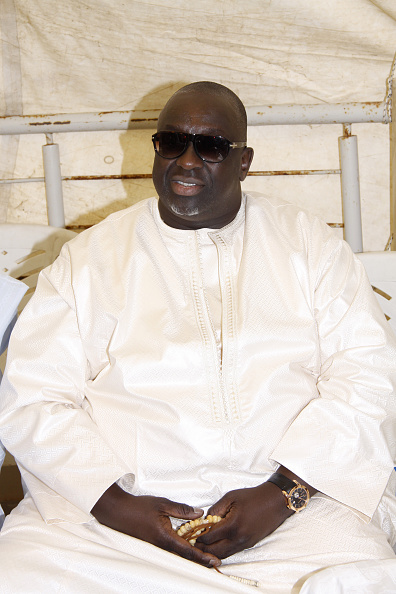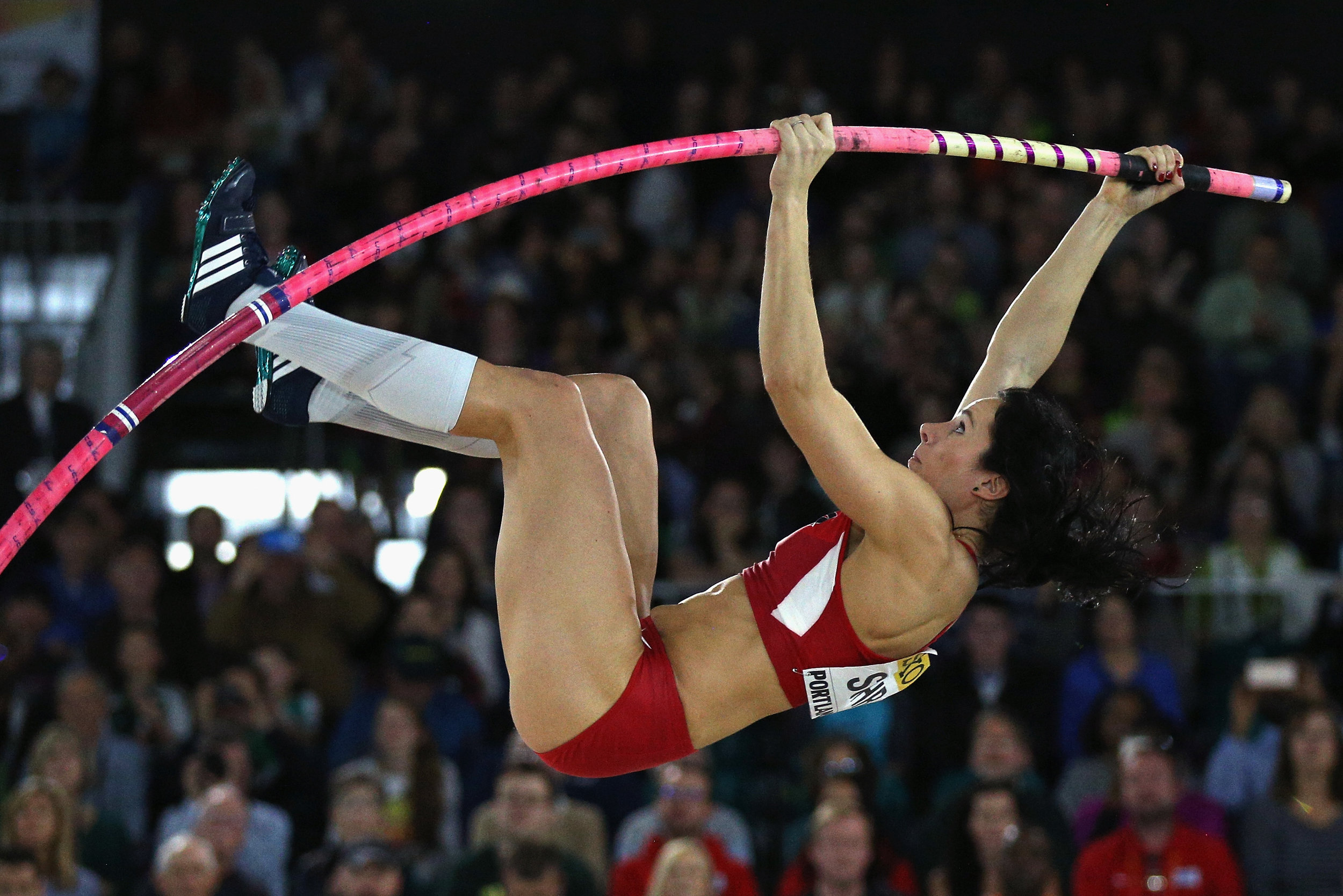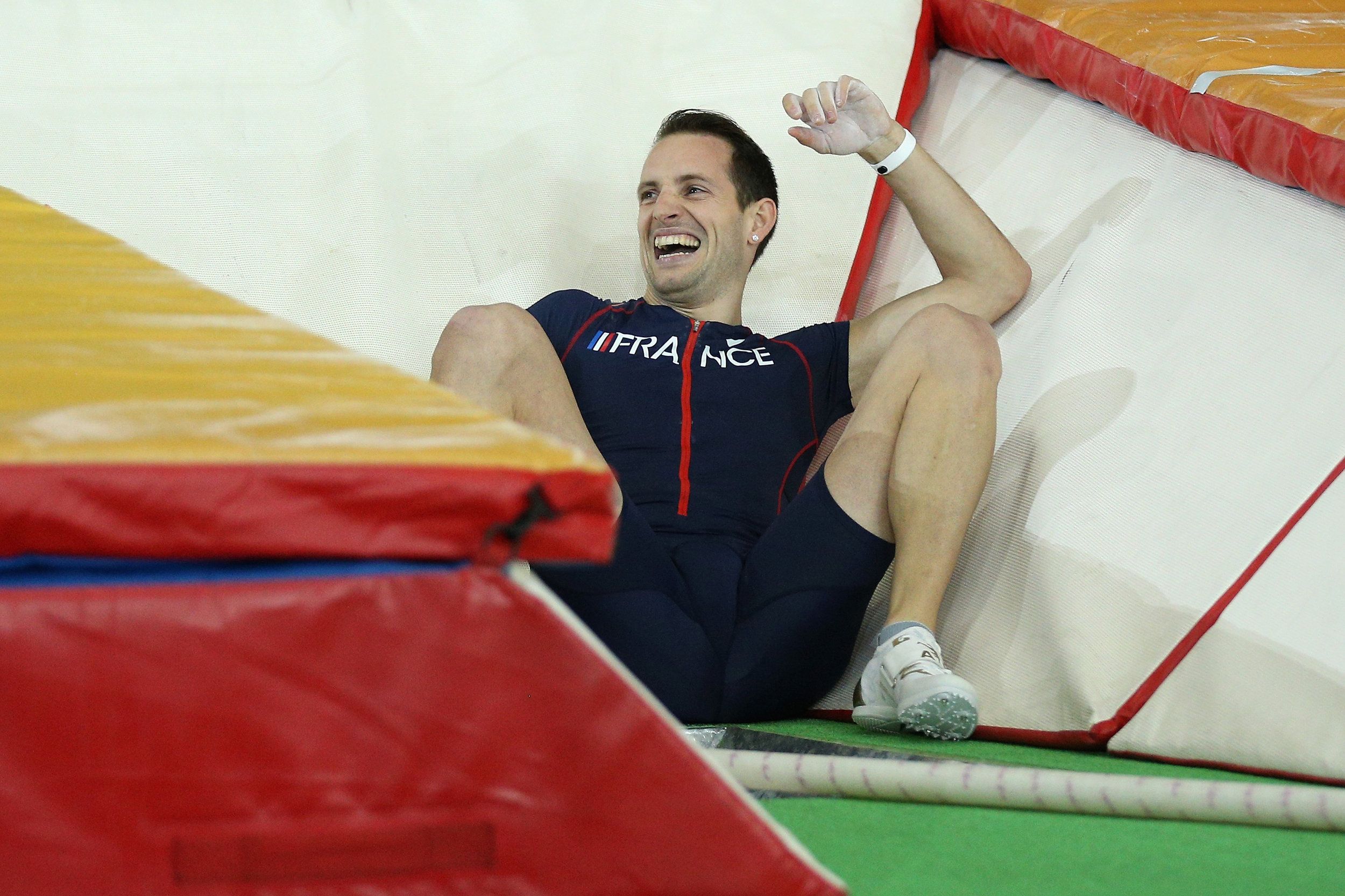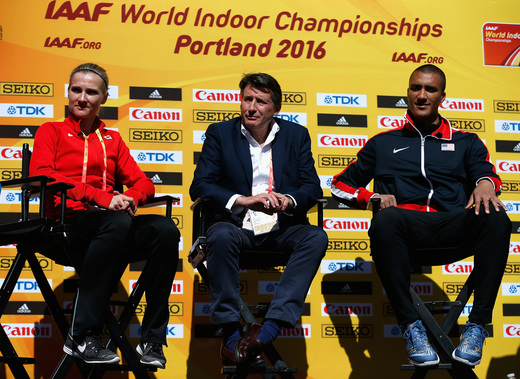If Frankie Fredericks remains in position as chairperson of the International Olympic Committee’s 2024 evaluation commission past, say, Tuesday, then everybody has a big problem.
At the same time, the real question is whether the IOC itself has big problems.
Very big problems.
Way beyond Frankie Fredericks.
Like whether both the winning Rio 2016 and Tokyo 2020 bids were fixed.
This represents one of two very real and significant threats not only to the IOC’s traditional way of operation but to the presidency of Thomas Bach, elected in 2013.
The other, little-understood, especially by the IOC itself, is this:
Community organizers, particularly in Europe, have discovered the power of social media to amplify grievance and conflict. Who's to blame? The establishment, not limited to but including the state. In this context, there's a ready target: a government-underwritten and -sponsored Olympic bid.
The IOC is in a jam.
These next few months could be among the most significant in its modern history.
Bach, in a German-language interview last Thursday, appropriately noted that the social media-to-referendum connection is “the target of anti-establishment movements that we have in many European countries,” later identifying, again correctly, that the IOC is “also part of this establishment.” Too, he said, “You can not go through,” meaning make a convincing counter-argument, “with facts.”
A starting place is easy.
At the same time, it’s hard, because it means shaking up that establishment.
The era of Games as government-run infrastructure development model has run its course.
Simply and bluntly put, that needs to change — starting with the 2024 campaign, pitting Paris, more of the same (government-run, history all but guaranteeing gargantuan cost overruns) against the change option, Los Angeles (privately run, just like 1984, which ended with $232.5 million surplus).
From the Paris bid books, and ask this elemental question as you remember that the dorms at UCLA exist right now and are more than suitable while the French authorities propose a 126-acre, 3,500-unit to-be-built athletes' village described, variously, as a "significant catalyst" and an "outstanding urban regeneration project": is this what the Olympics are supposed to be about?
"The construction of private housing for ownership or lease will be funded by private developers and any social housing units will be funded by public entities, under the traditional arrangements of urban development projects in France. Transport and other public infrastructure, such as roads, riverbanks, open areas and public facilities will be funded by the state, the region and local authorities, in accordance with the usual split of responsibilities."
Change is never easy. But it is the IOC’s essential option.
Unless the IOC goes to LA, it can’t make a convincing counter-argument, because it literally cannot come up with the winning facts Bach is seeking.
Example:
Bach, in that very same German Q&A, noted that the IOC gave Rio 2016 organizers $1.5 billion.
Again, absolutely true.
But so what?
For the past 20 years, there have been two separate but intricately related budgets in any Olympics. The first is the organizing committee’s operating budget. That’s where the IOC money goes. For Rio, that made up roughly half the Rio 2016 committee’s revenue.
The second is capital investment. That's why the public authorities are so eager to bring a Games home.
In winning the bid in 2009, the Rio people pegged total costs at $14.4 billion.
So nobody was exactly playing hiding the ball.
The total post-Games Rio 2016 tab is not in but given delays, cost over-runs and the economic crisis that devastated Brazil over the past couple years: probably $20 billion. Maybe more.
Look, $1.5 billion is a lot of money. But everything is context. If the IOC president wants to go through with facts, let's compare apples with apples. To use $1.5 billion when the real discussion is probably $20 billion is disingenuous, at best.
This is the sort of stuff that tends to fuel grievance and conflict with the establishment, you know?
All the while, the newspapers are filled with pictures of decrepit swimming pools and busted-up stadiums in Rio, of horrifying budget woes in Tokyo (bid: $7.8 billion, current estimate $25-30 billion) and stories, like Friday’s in Le Monde, suggesting more to come on a scale perhaps unseen since the scandal in the 1990s over Salt Lake City’s winning bid for the 2002 Winter Games.
Salt Lake City won the Games in 1995 after wooing IOC members and their relatives with more than $1 million in cash, gifts and other inducements.
The Salt Lake crisis led to the expulsion or resignation of 10 members and a 50-point reform plan.
Will more details now under wraps in France become public? When? Unclear all around.
For emphasis, even as his name started popping up Friday around the world in media accounts, Frankie Fredericks is assuredly entitled to the presumption of innocence.
Fredericks is arguably the most famous person to hail from the west African nation of Namibia. He has four Olympic silvers in the 100 and 200 meter sprints. He has both a bachelor’s degree in computer science and an MBA from Brigham Young University.
Now 49, he has always been one of the amiable and approachable guys on the international track and field and Olympic scene. He served as a member of the IOC athletes’ commission from 2004-12 and as that panel’s chair from 2008-12; for those last four years, he was on the IOC’s policy-making executive board, too.
He was made a “regular” IOC member in 2012.
Back to 2009, and the IOC session in Copenhagen. That’s where Rio won the 2016 Games. The others in the race: Madrid, Tokyo and Chicago.
Fredericks served at that IOC assembly as what’s called a “scrutineer.” There typically are three. The scrutineers count the electronic votes before passing the results to the IOC president — then Belgium’s Jacques Rogge.
Friday’s account in Le Monde would seem to establish a timeline for the exchange of money. Connecting the dots: what, if anything, got proven? Not clear.
The newspaper report will now trigger an ethics commission inquiry into what IOC spokesman Mark Adams on Friday called “serious allegations.”
The ethics inquiry is perhaps the least of Frankie Fredericks’ concerns. If he has retained reputable legal counsel, this advice would surely have been forthcoming: don’t set foot in France.
A basic rundown:
Ahead of the Copenhagen vote, a company called Matlock Capital Group paid $1.5 million to Pamodzi Consulting, a company founded by Papa Massata Diack, and transferred another $500,000 to Papa Diack’s Russian bank account.
Papa Diack’s father, Lamine, served from 1999-2015 as president of track’s international governing body, the IAAF. He was IOC member from 1999 to 2013.
The son was a former IAAF marketing consultant.
French prosecutors are investigating Diack, father and son, on corruption charges in a separate scandal — the alleged cover-up of Russian doping cases.
In January 2016, citing the Russian matter, the IAAF banned Papa Diack for life.
Le Monde said Matlock is a holding company linked to a Brazilian businessman, Arthur Cesar de Menezes Soares Filho.
Soares reportedly is close to Sergio Cabral, the former governor of the state of Rio.
Cabral stepped down in 2014. He was arrested last November, after the Rio Games, and is now awaiting charges he diverted millions in bribes for the renovation of Maracanā Stadium before soccer’s 2014 World Cup and two other
The IOC picked Rio on October 2, 2009.
That very same day, Le Monde says, Papa Diack transferred $299,300 to Yemi Limited, an offshore company linked to Fredericks.
In an email exchange with the newspaper, Fredericks said, “The payment has nothing to do with the Olympic games,” explaining he had a marketing contract with Pamodzi from 2007-11.
The IAAF has long had a far-reaching marketing agreement with a Japanese company called Dentsu.
It’s unclear whether or not the Dentsu program is or ought to be at issue.
Also uncertain: if the Dentsu program is relevant or material, why or how Fredericks would undertake independent or even related marketing schemes in Africa, as he suggests in the emails published by Le Monde, much less a program worth $300,000, why such a four-year program would be worth $75,000 per year or, critically, why the payment for such a deal would arrive, perhaps coincidentally, on the very same day the IOC picked Rio.
What is clear:
Chicago got kicked out of the 2016 voting on the first round. The president of the United States had been on scene and he was humiliated.
Fredericks was one of the guys counting votes — in position to know, even before Rogge did, what was what. This is fact, not the suggestion of anything amiss. The scrutineers know before the IOC president does.
The Americans were so stung by Chicago’s exit, which followed New York’s loss for 2012, that they sat out the 2020 election — won by Tokyo.
Now come Los Angeles and Paris for the 2024 Olympics.
Who, at least until Friday’s Le Monde report, is sitting as the chair of the IOC committee evaluating the candidates’ so-called “technical” readiness— that is, inspecting factors as sports facilities, roads, airports, hotels and more?
The guy who at the very least knew before almost anyone else that Chicago was out in the very first round is now due to be passing judgment on Los Angeles?
Even if he spent college and grad school in Utah, and is super-familiar with the way things work over here in these United States, how can the IOC allow that?
Isn’t that just a big-time optics problem?
If Frankie Fredericks doesn’t do the right and honorable thing, let’s say by Tuesday latest, you’d have to think it’s going to be done for him.
Meanwhile, stay tuned.
This is, all things considered, preliminary skirmishing. The IOC may yet be looking at very big problems.
Very big.



